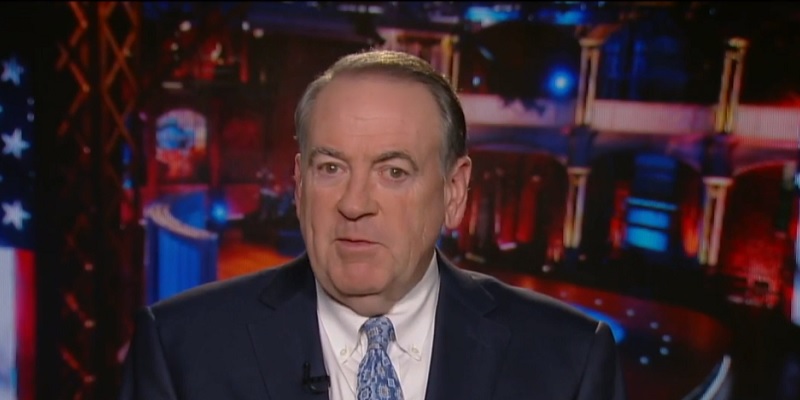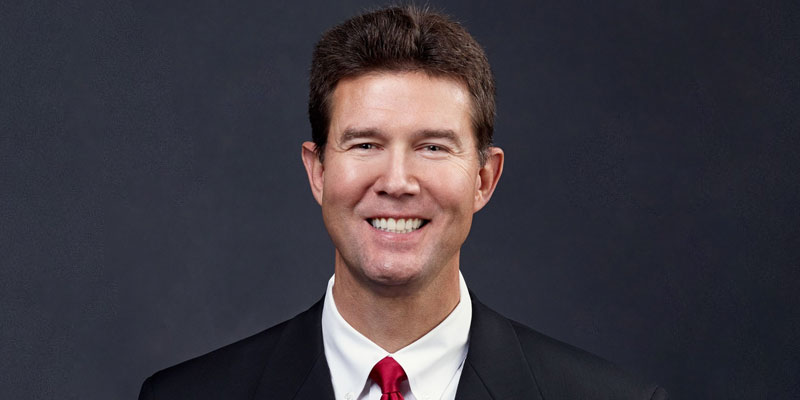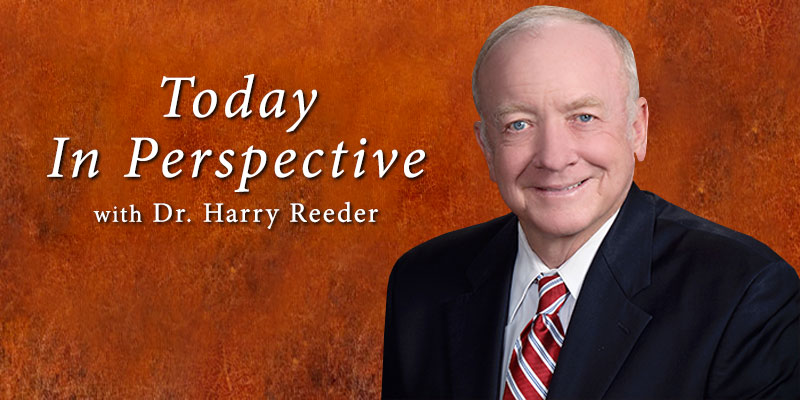
Weird messes sometimes require weird remedies.
The Republican Party, state and national, is in a huge, weird mess because of the ongoing situation involving Judge Roy Moore. Because of the nature of the allegations, the timing of the allegations, and the complicated interplay between state law, state party rules, and Senate rules, there is absolutely no good solution for Republicans or, frankly, for Moore.
It’s like a Rubik’s Cube with a manufacturing mistake that put the wrong colors on the wrong squares so that it’s impossible to “solve.”
But after puzzling out numerous options, I think the least bad idea is an ingenious bit of political jiu-jitsu I saw on Twitter. (Alas, it was a ReTweet of a ReTweet, or something like that, and I don’t remember whose idea it was originally, or I would credit him/her.) The short version is that a write-in campaign should be organized… for current U.S. Sen. Richard Shelby.
What? Come again? The immediate response is to ask how it would help to write in a current senator’s name for an open Senate seat.
Well, I said it was jiu-jitsu.
But, without explaining in detail the rules/law interplay mentioned above, or explaining why all sorts of other suggested options seem to be even worse ideas than this one (please do follow the links to understand at least a bit more about it all), here’s how and why the Shelby idea, at least theoretically, could work in practical application.
The assumption underlying the idea is that it will be nearly impossible for any write-in effort to succeed, but that the only way it can is if there is a consensus write-in candidate who enjoys near-universal name-identification and widespread approval. Frankly, only two people in Alabama fit that bill – and there is no way that one of them, Jeff Sessions, would or should take a demotion back to his old Senate seat from his perch as Attorney General.
That leaves Shelby. And even Shelby couldn’t possibly win a write-in if Moore refuses to suspend his own campaign.
Moore isn’t likely to do so. But let’s just hypothesize that he would. The play could be this: Sessions and President Trump, along maybe with somebody Moore might admire (Franklin Graham, maybe?) could together call Moore and say that even if Moore wins – which is now at least slightly unlikely, and with his odds still dropping rather than rising – he faces so much antipathy in the Senate and such a damaged reputation nationally that his presence in the Senate would absolutely do more harm than good to the cause of a godly republic to which he has devoted his career. The best way to advance his cause is to temporarily disassociate himself from it, and the best way to recover his reputation is if he does so while not in the context of a political campaign or office.
The trio of interlocutors would of course promise to publicly thank Moore for his years of service and remind the public that not just law but simple fairness requires that an accused man with a years-long reputation for personal probity enjoy at least some original benefit of the doubt.
If Moore, miracle of miracles, agrees to publicly withdraw and asks Alabamans not to vote for him despite seeing his name on the ballot, and instead asks voters to write in Shelby’s name, then that would be the only way to avoid splitting the right-leaning vote enough so that Democrat Doug Jones isn’t elected.
Wait!, you say. This still doesn’t explain the Shelby part of it!
How can Alabamans elect somebody to the Senate who already holds the state’s other Senate seat? And why would Shelby do so?
Well, of course he couldn’t hold both seats. The deal would be this: Shelby would publicly announce that if he wins a plurality of the votes in a write-in campaign, he would resign his current Senate seat one minute before the election results are certified, and instead serve out the remainder of the term to which Sessions originally was elected.
That would in turn open up the remainder of Shelby’s current term – which runs through 2022. Governor Kay Ivey could then appoint somebody (other than Luther Strange) to fill the Shelby seat through 2018. The remaining four years of the term would be filled by election during the regularly scheduled federal elections of 2018…for which, if Moore wants, he himself could run.
But Moore would do so only after having time to clear his name, and without in effect holding the state party hostage to the nomination he won before the allegations surfaced. The state party has stood by him, institutionally, for many years, and is doing so still, while under pressure; he could show reciprocity, and earn some sympathy, if he took the party off the hook in this 2017 race and left open his own options for 2018.
(Frankly, it would be better for all if Moore doesn’t run in 2018, but he would be free to do so.)
The person making the biggest sacrifice, of a sort, would be Shelby. In effect, he would be trading away the final two years of the term to which he was elected in 2016.
But how important are those last two years to a man who already is 83 years old and whose decision is merely whether to retire (or run for sure re-election) at age 86 instead of 88? Are those two years’ worth the damage he thinks it will do to his state and nation for either a damaged Moore or a liberal Jones to take what was the Sessions seat? He already has been in Congress since 1978, and on the public payroll in one role or another since 1963. He has served his state and country well – and could serve it even better by trading two last guaranteed years in office, in his late 80s, for the good of his state, party, and country.
So, to recap: 1) Moore withdraws, and endorses Shelby. 2) Shelby says he will accept write-in results if he wins. 3) If write-in is successful, Shelby resigns current seat and assumes the “Sessions” seat. 4) Ivey appoints someone eminently respectable to serve a single year in what was Shelby’s seat. 5) The election for the final four years of what had been Shelby’s term would occur during an already-scheduled November slot, so it would cost the state no more money. 6) The reputation of absolutely everybody involved would rise, because all would be seen as making magnanimous moves for the good of the state.
But nobody, absolutely nobody, could say it is a “dirty trick” (like delaying the current election would be) or of questionable legality (like pretending that if Luther Strange resigns right now, it would allow cancellation of the already-called special election). Instead, it would leave the final choices, at every step, up to the voters of Alabama.
The Shelby Stratagem would be a weird solution, to be sure. But it might just work. It’s worth a try.
Yellowhammer Contributing Editor Quin Hillyer, of Mobile, also is a Contributing Editor for National Review Online, and is the author of Mad Jones, Heretic, a satirical literary novel published in the fall of 2017.












